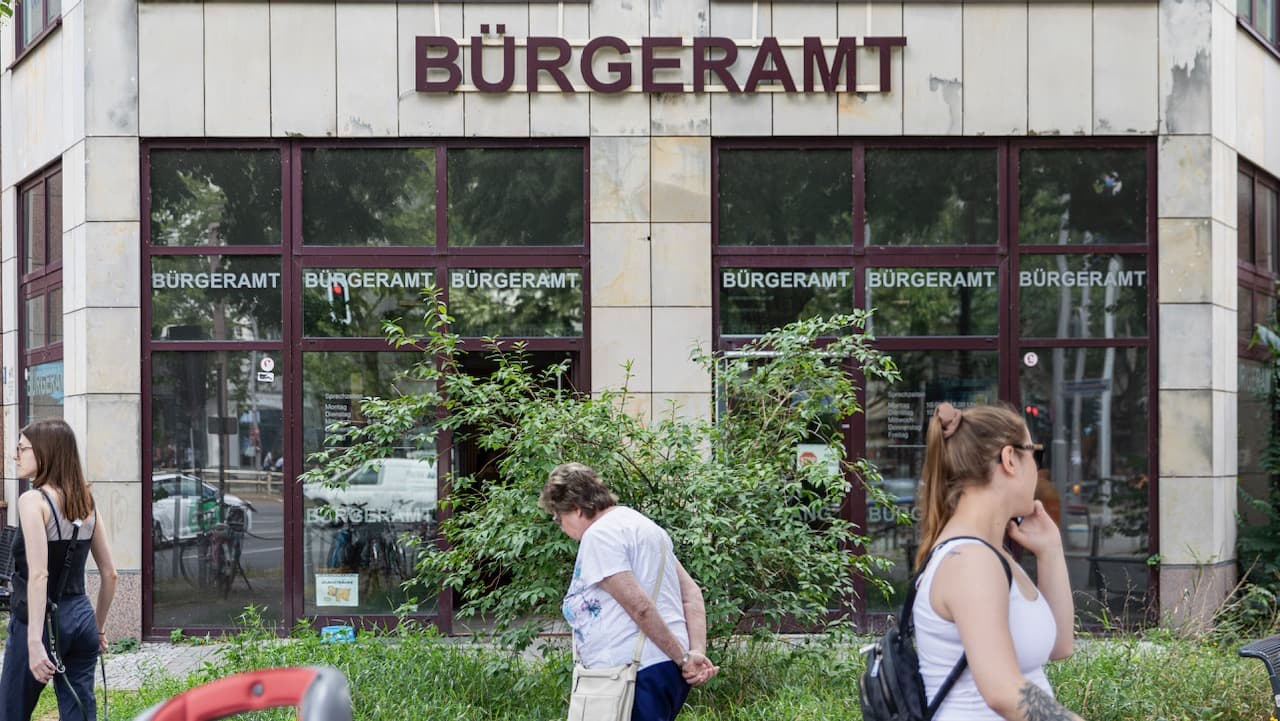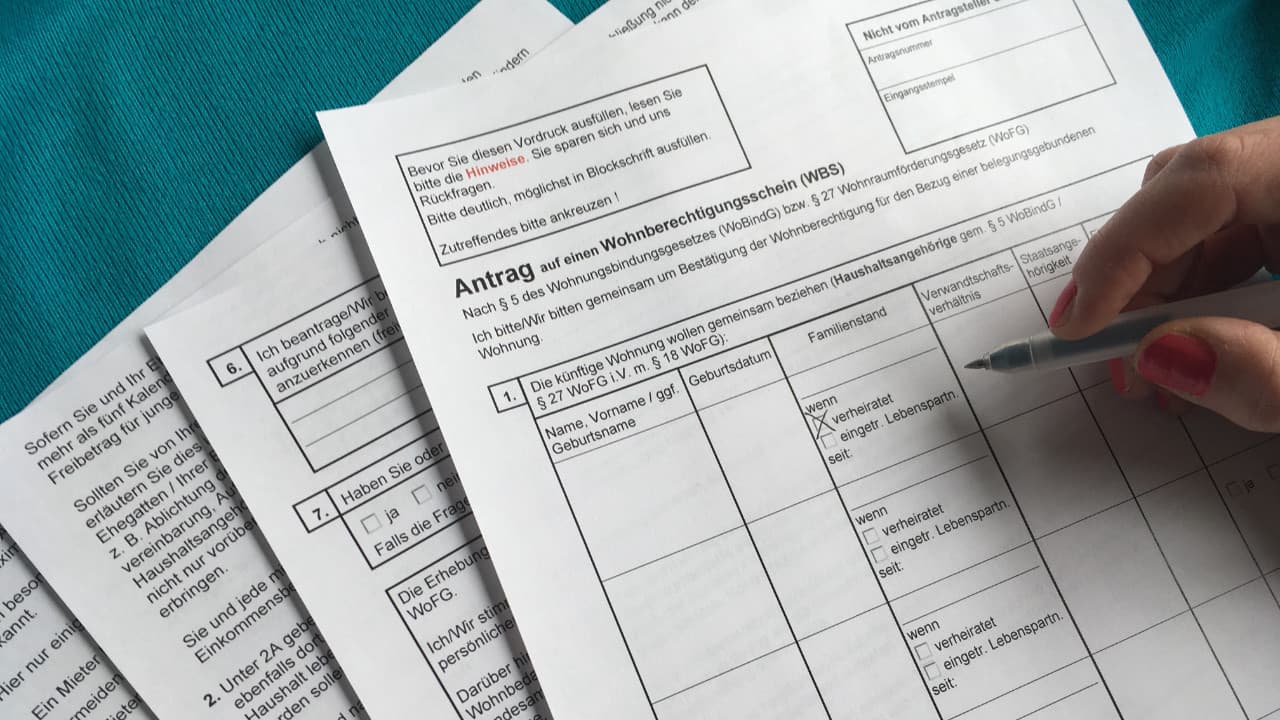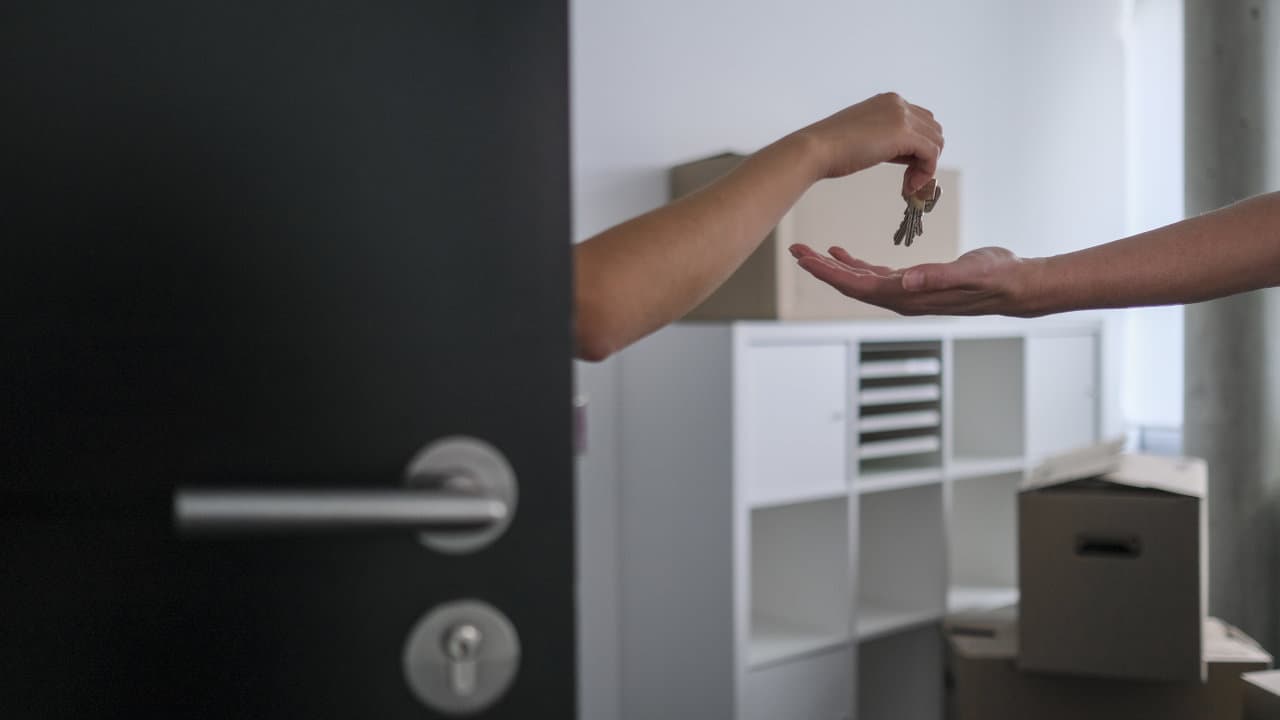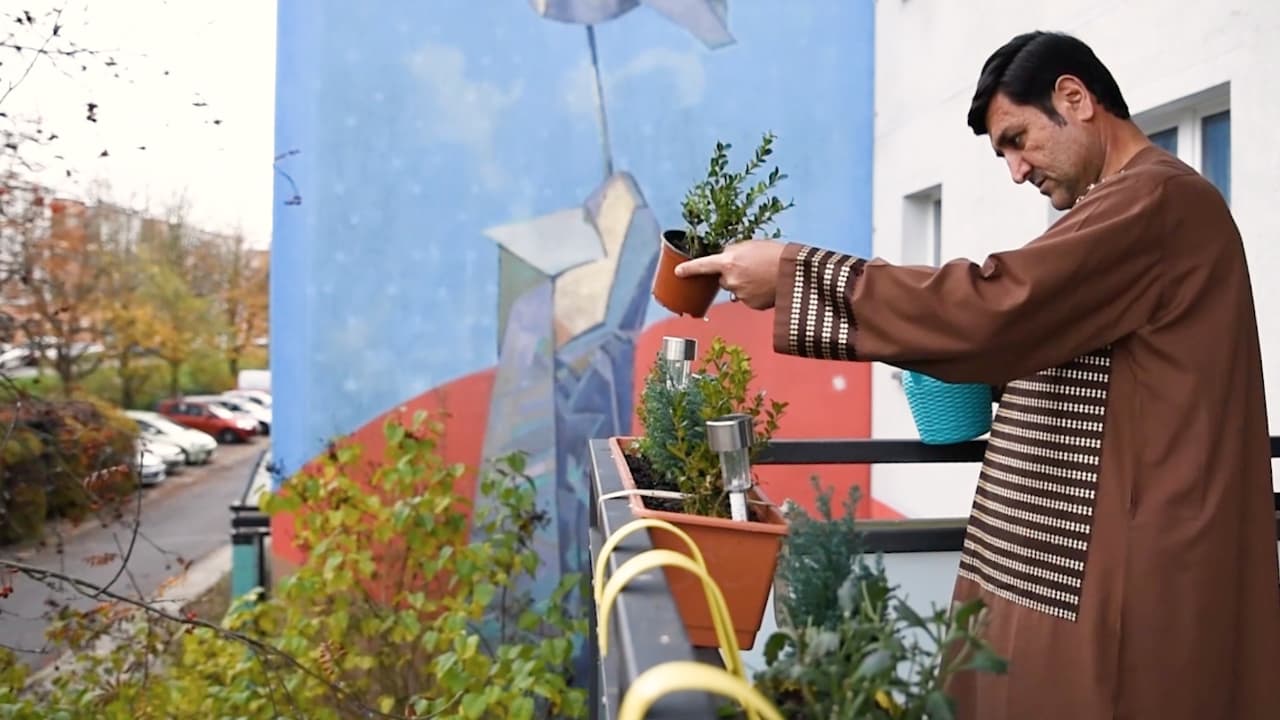Registering your address in Germany

Where and when to do the "Anmeldung"?
If you arrive in Germany and want to stay longer than 3 months, you must officially register with the authorities. A registration certificate (“Meldebescheinigung”) is crucial, for instance, when you want to request a new ID or passport, apply for or extend a residence permit, open a bank account or rent a flat. A registration certificate may also be required when applying for benefits such as child benefits or when registering for marriage. Employers, schools or public authorities also often ask for a registration certificate.
Here, you can find all the information and helpful links you require concerning the registration certificate (“Meldebescheinigung”) and how to register your address.
Address registration is stipulated in the Federal Registration Act (BMG).
What do I need to know?
Who must register and when?
Anyone who moves to or within Germany is legally required to register their name and residential address at the Residents’ Registration Office ("Einwohnermeldeamt", "Bürgeramt" or "Bürgerbüro") within two weeks (the latest). If you don't register or do it too late, you might have to pay a fine. When you register, you will receive an Official Registration Confirmation ("Amtliche Meldebestätigung"). Keep this paper in a safe place. This enables you to prove - even without your ID - that you are registered in a municipality or city in Germany, i.e. you reside there.
Important: In large cities, it is often difficult to find an appointment in time to register or deregister a flat. If you cannot register within 2 weeks or cannot get an appointment at the "Bürgeramt" in time, it is sufficient to make an appointment to fulfil the registration obligation.
What documents do I have to submit to register?
Registration takes place in person at the Residents' Registration Office (“Einwohnermeldeamt”) or Citizens' Office (“Einwohnermeldeamt”)- you can find the address of the offices in your area at melderegister-auskunft.de.
You will need the following documents to register:
1. Proof of identity
- German nationals: Identity card, passport, children's passport.
- Foreign nationals: National passport and residence permit.
Important: You must present all available documents for all persons who are moving to the address.
2. Registration form
- For couples or 2-person households, one form is sufficient.
- If there are more than 2 people, an additional form is required.
Important: You can find the form to print out on the website of your local residents‘ registration office (“Einwohnermeldeamt”), or you can request it in person from your local residents’ registration office.
3. Civil status certificate
- You may need to present marriage or birth certificates, especially if you are registering for the first time.
Our tip: Bring all existing documents with you to be on the safe side.
4. Landlord's confirmation of residence
- Your landlord must confirm in writing within 2 weeks of you moving in that you have moved in.
- The confirmation must include the name and address of the landlord, the date you moved in, the address of the flat and the names of all persons moving in.
Important: A rental contract alone is not sufficient.
5. Declaration of consent from a parent (if necessary)
- If you are under the age of 18, you need to present a declaration of consent from a parent.
- You must also bring a copy of the parent's ID with you.
What data is filed by the Registration Office?
The officials at your local Resident's Registration Office store your "individually specific data" ("Personenbezogen Daten"). Data collected include your full name, your current address, your date of birth and family situation.
Good to know: If you do not want your personal data to be passed on, you can apply for a so-called “Auskunftssperre”. This will prevent the authorities from passing on your address or whereabouts to third parties. This can be particularly crucial if you feel threatened or need protection from harassment. The information block is applied for at the registration office, which then checks whether it is justified. As long as this so-called block stands, your data will not be passed on to third parties. You can find out more about it in the section ‘Can I request that my place of residence remains secret?’
What should I do when I'm moving out?
If you move within Germany, you must register your new place of residence at the Residents' Registration Office of the city or district to which you moved within 2 weeks. Then you will be issued a new registration certificate (“Meldebestätigung”). Your new address will also be entered in your documents (e.g. residence permit, identity card, ...).
The new registration office (“Meldeamt” or ”Bürgeramt”) informs the previous one about your new address, so you do not need to notify the old registration office about the move.
You can also live in multiple flats. If so, you must inform the local registration office which place is your primary residence ("Hauptwohnsitz") and which is your secondary residence ("Nebenwohnsitz"). Primary residence or "Hauptwohnsitz" means that you spend most of your time there.
Important: If you personally occupy two flats, you must register one as a second residence or “Zweitwohnsitz” (not as a secondary residence or “Nebenwohnsitz”). In some cities, you may also need to pay a second residence tax (“Zweitwohnsitzsteuer”).
Please note: If you leave Germany and do not deregister, you may face financial consequences. For example, health insurance contributions and licence fees may still be due even if you no longer live in Germany. It is essential that you deregister not only with the registration office, but also in writing with your health insurance company and other authorities or service providers. This is because the registration office does not automatically inform these bodies.
What is electronic residence registration?
Electronic residence registration has been available in some federal states, such as Bavaria, Baden-Württemberg and North Rhine-Westphalia, since 2018. This service allows you to register your residence online without having to go to the registration office. You should ask your local registration office whether electronic residence registration is available in your town or city. If so, you can simply register online, i.e. you securely confirm your identity and receive confirmation of the change of address digitally. The procedure simplifies and speeds up the re-registration process.
You can find out more about electronic residence registration on the website of the Federal Ministry of the Interior and Home Affairs.
Please note: You can only use this service if the online functions are activated on your ID card– and you must always appear in person the first time you register in Germany.
What other tasks does the registration office have?
There are more than 5,000 residents' registration offices (“Meldeamt” or ”Bürgeramt”) in Germany, and they are tasked with numerous services. They take care of the registrations, move-outs and address changes, as well as issuing personal and children ID cards, etc.
Besides, the residents' registration offices should also provide information from their database if a person makes an inquiry for a registry entry, i.e. "Resident's Registration Entry Request" ("EMA-Anfrage"). Such a request may be useful if you are searching for friends or family members, or in case you want to find a customer who has moved or your debtors.
Private providers also offer this service, but often demand money in return. On melderegister-auskunft.de you can find a list of the reliable private providers. The resident's registration offices also charge a fee, which varies from one municipality to another. Even if the person you are looking for is not found as a result of their service, you still have to pay the fee. The processing time also varies from one office to another. Sometimes it takes only a few days, but it also may take several weeks at times.
If you are looking for relatives who are missing, the GRC Tracing Service can also help you. The German Red Cross supports people in their search for relatives.
Can I demand that my place of residence remains hidden?
According to §51 of the Federal Registration Law, you can apply at your residents' registration office for your personal information to be withheld. To do so, you should prove that the registration database can be a source of danger for you. That could be the case if you, for example, work in an area where many people are threatened (like a profession in fighting racism) or when someone is stalking you. The information blockage is valid for two years and can be extended upon request. Your resident registration office usually informs you before the blockage is automatically lifted.
What other registration obligations exist?
In addition to the private registration services for individuals, there is also a commercial registry in every District Court ("Handelsregister"). You will find information on local companies if they are subject to mandatory registration. If you own a business or work as self-employed , you can register in the commercial registry.
Important
If you are being stalked or working in a profession in which you are potentially at risk, you can apply to block your personal data at your local Residents' Registration Office by §51 of the Federal Registration Law ("Bundesmeldegesetz"). Your address is then hidden and cannot be queried by a third party.
Similar topics
Additional links
Resident's Registry
Here you can search for a person or find which registration office is responsible for you.
Ankommen App
The Ankommen App is your companion for the first weeks in Germany.
Our community in the forum
Quickly find answers to any question. Benefit from the experience of your community and exchange ideas.
Support on site
Are you looking for counseling centers, meeting points, and other services? Use our search engine.










